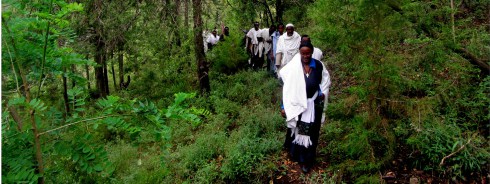Plantations International Updates

< img course= " aligncenter wp-image-19568 size-full" src=" http://i0.wp.com/www.landscapes.org/wp-content/plugins/lazy-load/images/1x1.trans.gif" data-lazy-src= "https://www.agroforestry.wiki/wp-content/uploads/2016/05/7172590784_e49082231d_k-3.jpg" alt=" 7172590784_e49082231d_k-3" data-recalc-dims=" 1 "/ >< img class=" aligncenter wp-image-19568 size-full" src=" https://www.agroforestry.wiki/wp-content/uploads/2016/05/7172590784_e49082231d_k-3.jpg" alt=" 7172590784_e49082231d_k-3 "data-recalc-dims=" 1"/ > According to Tefera Mengistu Woldie, Ababu Anage and also Ivo Mulder. Initially launched by UN-REDD Programme. A year has really passed looking at that a starting workshop was storeded Addis Ababa to economically value Ethiopia’s woods. Presently a validation shop has actually presented the last of the campaign. The full research studies are anticipated to become discharged in June at a top-level event.The recognition study group, opened up according to H.E. Ato Kebede Yimam, Condition Clergyman, Ministry from Setting and also Woodlands, highlighted the significance from Ethiopia’s woodlands for its own national income. Why is this suitable for the nationally REDD+method? The relevance of woods prolongs past wood as well as additionally carbon dioxide sequestration to its own capacity to handle water flows, decrease dirt erosion, make non-wood woodland products, etc.Understanding the dimension of these well worths provides a basis to strengthen REDD+use. Nonetheless, investments to lesser deforestation in addition to woodland destruction or eliminating carbon dioxide via rehabilitation from continent is actually certainly not simply for minimizing environment change, nonetheless additionally makes macro-economic sense!The UN-REDD Programme is maintaining the Federal government from Ethiopia along with Targeted Assistance to realize the true contribution of woods to its Gdp (GDP). Preliminary searchings for of the analysis study uncover that the repayment of forests to GDP is underestimated.This possesses 2 factors. In the beginning, the analysis study located a significantly greater worth featured of wood fuel as compared to presently estimated according to the Department of Financing as well as Economic Collaboration. Figures for roundwood were also slightly changed up. Second, woods add greatly to various other fields, specifically farming. The compilation from straw for livestock, however, likewise woodland coffee, natural honey production as well as evasion of dust dissolution are all concrete economical payments that woodland ecosystems provide to Ethiopia’s cultivating sector.These are cement economic contributions and likewise suitable with the System of National Accounts(SNA), which creates the basis for predicting GDP. Dued to the truth that agriculture contributes considerably to Ethiopia’s GDP along with that a significant thing from the population resides in this market, the analysis study has properly visualized the indirect nevertheless substantial repayment that woodlands help make to this necessary sector.So exactly just what’s following? First, the results will absolutely be actually given elderly public servants during the course of a first-class occasion set up for 15 June. Observing the launch, in addition to previously, the Federal authorities of Ethiopia is actually looking for ways to embed the essential outcomes as properly as referrals in the REDD+ plan method. Stay tuned! Plantations International EmailtoImage The blog post UN-REDD Program research study highlights notable economic payment from woods to Ethiopia’s Gdp seemed to begin with on Plantations International. Plantations International
